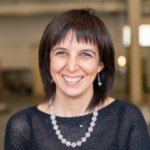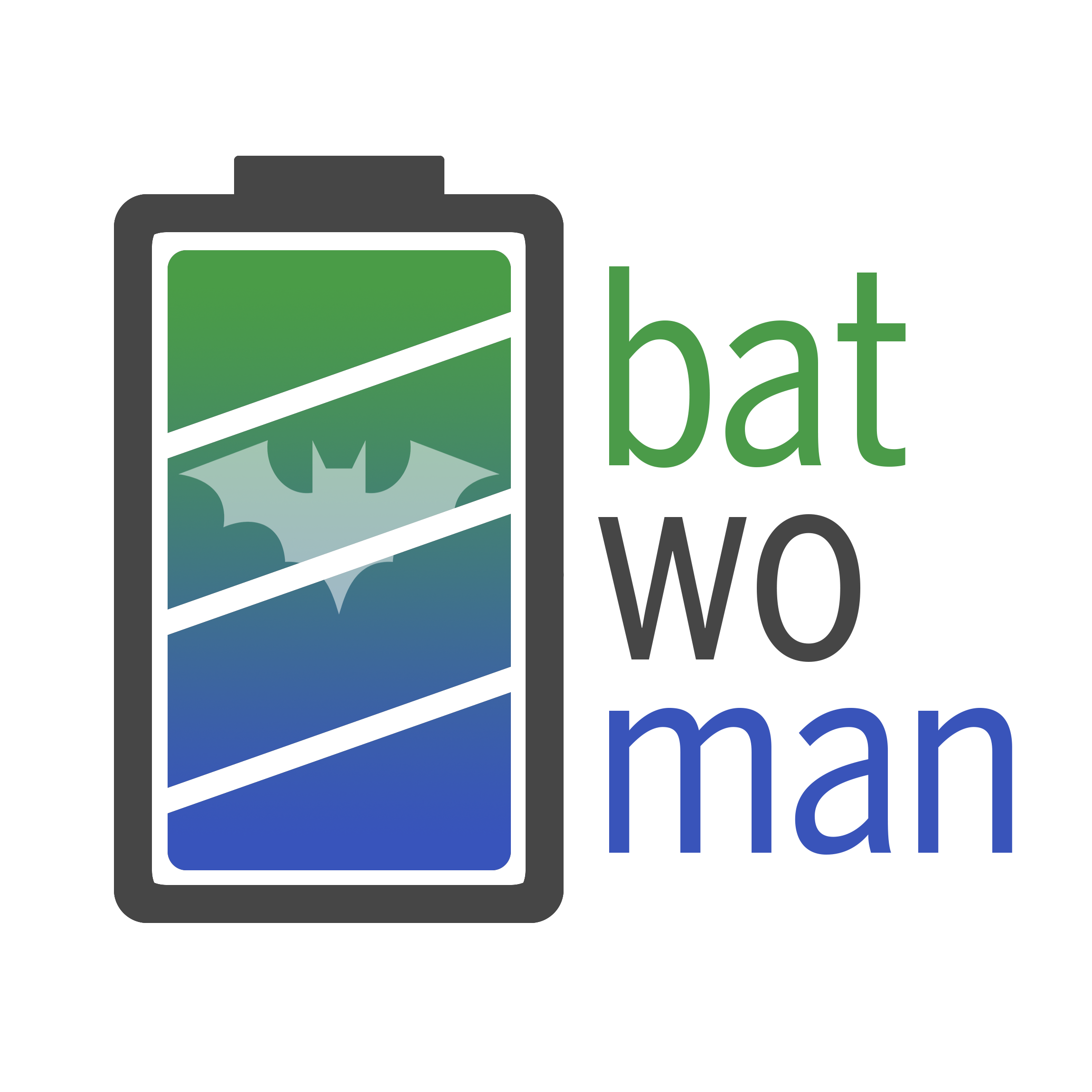
Dr. Katja Fröhlich
AIT | Austrian Institute of Technology
WP1 Coordinator
Work Package 1 – Project Coordination
Lead Beneficiary: AIT | Austrian Institute of Technology
Mission: Project Coordination, Project Management, Chair of General Assembly
Tasks:
– Ensuring timely execution of tasks
– Management and monitoring of Project resources
– Quality control
– Internal communication within Project-consortium and with the European Union
Work Package 2 – Sustainability & Digitalisation
Lead Beneficiary: RISE | Research Institutes of Sweden
Mission: Sustainability and digitalization
Tasks:
– Mapping sustainable sources of Raw materials
– Increasing awareness and knowledge about sustainability work throughout the project
– Recycling of production scrap and end-of-life battery cells
– Creation of Battery data space which meets upcoming passport regulations
– Conducting full ISO-Compliant LCA

Dr. Mats Zackrisson
RISE | Research Institutes of Sweden
WP2 Coordinator

Prof. Dr. Harry Hoster
University of Duisburg-Essen
WP3 Coordinator
Work Package 3 – Process Optimisation & Modelling
Lead Beneficiary: University of Duisburg-Essen
Mission: Development of AI (Artificial Intelligence) and ML (Machine Learning) based processes for efficient manufacturing adaptation
Tasks:
– Developing comprehensive modelling for 3D structuring of electrodes
– Optimization of drying and wetting steps
– Achieving “Smart re-tooling” through ML based navigation in manufacturing parameter space
– Pairing machine learning with electrochemistry to optimize the formation protocol
– Experimentally validating fluid dynamics modeling to optimize 3-D patterning of electrodes and separator
– Considering trade-offs between efficient manufacturing, cell performance/durability, and environmental/societal impact in cell design/manufacturing nexus
Work Package 4 – Solvent-reduced Electrode Processing
Lead Beneficiary: CIDETEC
Mission: The focus of WP4 is the production of Li-ion battery electrodes using sustainable manufacturing techniques with reduced energy consumption, low carbon footprint and no Volatile Organic Compounds (VOCs).
Tasks:
– Developing environmentally friendly water-based slurry preparation and coating process
– Reducing solvent quantity while maintaining mechanical integrity and electrochemical performances at high loadings for EV(Electric Vehicles) applications
– Implementing novel one-step calendering-drying process, thereby reducing drying time, emissions and production costs
– Laser structuring of current collectors and electrodes, thereby reducing electrode quantity and improving adhesive strength
– Managing potential market entry of sustainable water-based, solvent-reduced, and high-loaded electrode processing at GWh scale after project completion.

Dr. Iratxe de Meatza
CIDETEC
WP4 Coordinator

Bernd Eschelmüller
AIT | Austrian Institute of Technology
WP5 Coordinator
Work Package 5 – Eco-friendly Cell Assembly
Lead Beneficiary: AIT | Austrian Institute of Technology
Mission: Development of innovative, sustainable, and cost-efficient cell assembly processes with minimized dry room requirements
Tasks:
– Implementing 3D patterned electrodes and separator to improve wettability, increase lifetime, and enhance high current capability
– Developing a new concept of stack drying and filling using energy-efficient drying technologies
– Implementing optimized protocol for cell formation and aging
– Comparing electrochemical results with conventionally manufactured cells
Work Package 6 – Industrialization
Lead Beneficiary: ANDRITZ / SOVEMA
Mission: Evaluation and drafting of benefits from new environmentally sustainable cell manufacturing technologies developed within the BatWoMan project, from an industrial perspective
Tasks:
– Reduction of dry room requirements by investigating cell assembly processes outside dry rooms
– Estimating and analysing manufacturing cost and energy demand of cell finishing process
– Developing up-scale manufacturable processing of battery cells with proposed eco friendly technology, paving the way to industrialization

Susanna Beltrame
ANDRITZ / SOVEMA
WP6 Coordinator

Dr. Wilhelm Pfleging
KIT | Karlsruher Institut für Technologie
WP7 Coordinator
Work Package 7 – Dissemination and Communication
Lead Beneficiary: KIT | Karlsruher Institut für Technologie
Mission: Disseminating project results to the scientific community, communicating them to the general public, establishing a framework for effective exploitation of results during and after the project, including IPR management and valorization
Tasks:
– Informing the wider public about progresses in battery cell manufacturing and associated business opportunities
– Addressing batteries’ sustainability and environmental impacts in public debates and political discussions
– Raising public interest and awareness about the consortium’s progress and achievements.
– Educating companies, including those not yet involved in the battery manufacturing supply chain, about potential opportunities
Work Package 8 – Surface and Intrinsic Electrode Microstructure Analysis
Lead Beneficiary: CERTH | Centre for Research and Technology Hellas
Mission: Analyze electrode microstructures to improve performance and sustainability
Tasks:
– Porosity of fresh and aged electrodes
– Electrode microstructure analysis
– CEI and SEI characterization
– Stack drying mechanisms
– Dissemination

Dr. Georgia Kastrinaki
CERTH | Centre for Research and Technology Hellas
WP8 Coordinator
